6 reasons why cars die in the middle of the road
(Baonghean.vn) - There are many reasons why your car will stall in the middle of the road; below are the most common reasons why drivers are forced to call for help.
1. Cooling system failure
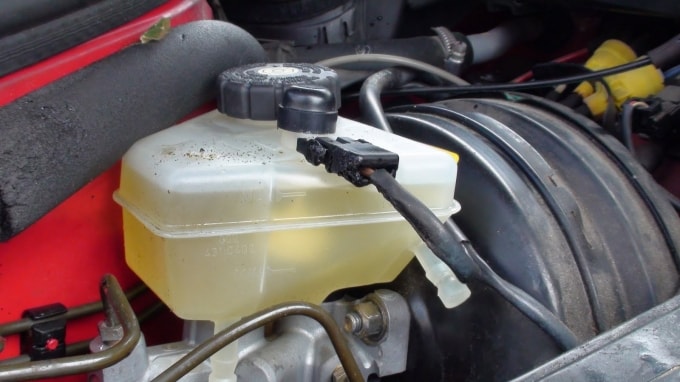 |
This is the most common problem according to many experts in the field of car care and repair. The reason may be due to a coolant leak causing a lack of coolant, or due to a problem with the cooling system, such as the cooling fan not working.
Overheating can cause the engine to seize, warp, blow the cylinder head gasket, end the engine's life, and require very expensive repairs.
Warning signs:A rising coolant temperature gauge indicates overheating, the engine will run slower and there may be a knocking sound (due to detonation). Stop the car in a safe place as soon as you notice the engine overheating and lift the hood to check. If you see that the coolant is boiling, let the engine idle and turn off the air conditioner. If you see that the coolant is low, turn the engine off.
2. Burned or exhausted lubricating oil
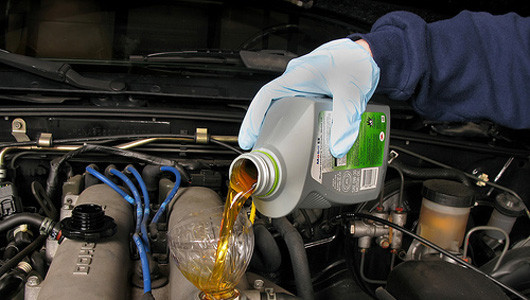 |
There have been many recorded cases of car owners replacing used, low-quality lubricating oil, leading to oil burning or sludge buildup in the engine. Some cases of oil leakage also cause oil depletion.
An engine without lubrication will seize and stop working, in some cases the connecting rod will break. The engine will need to be overhauled, which is very expensive.
Warning signs:The engine oil pressure warning light may be on the dashboard. Pay special attention to oil leaks in the parking area. The engine may become unusually noisy due to lack of lubrication, gradually increasing in noise over a long period of time.
3. Clogged fuel filter
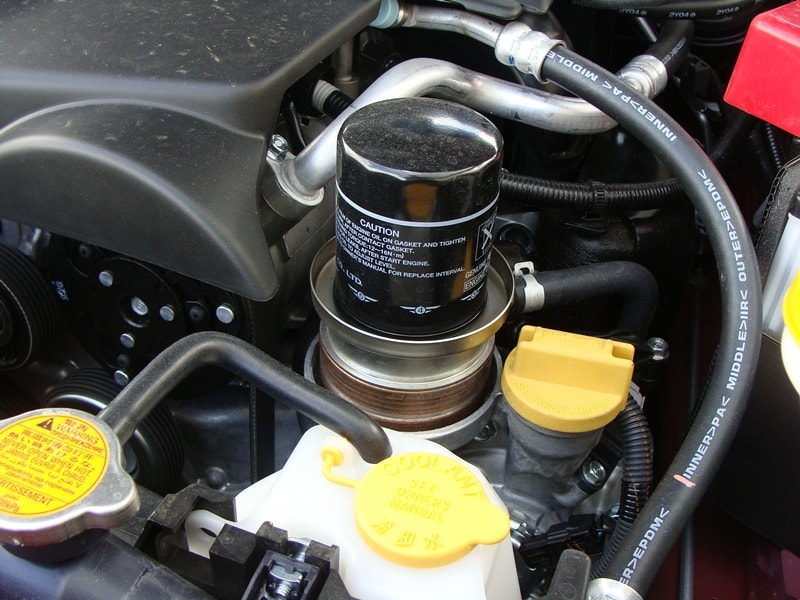 |
The fact is that fuel contains a lot of dirt. After a long time without being replaced, the fuel filter can become clogged, preventing fuel from being pumped to the engine, causing the engine to stall.
A clogged fuel filter can also damage the fuel pump by forcing it to work overtime without adequate cooling and fuel. A dirty filter must be replaced.
Warning signs:Dirty but not completely clogged fuel filter causes lack of fuel, making the engine hot, not powerful, even very weak or stall when accelerating.
4. Fuel pump/oil pump failure
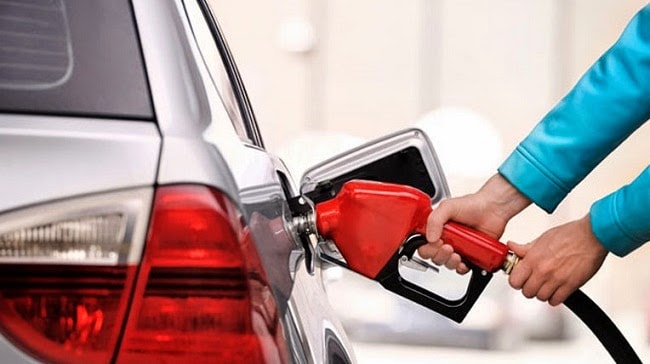 |
Fuel pumps rarely fail suddenly under normal use, but can die suddenly if the user frequently runs out of fuel. In most modern vehicles, the fuel pump is immersed in the fuel tank, lubricated and cooled by the fuel in the tank, so it can overheat and die if the fuel is too low.
A dead pump cannot be repaired and must be replaced. Do not run the vehicle without fuel.
Warning signs:A hot and dying fuel pump may be noisier than normal, but because the pump is located inside the sealed fuel tank, it is barely noticeable to the vehicle occupants.
5. Clogged injector
Fuel residue sticks to the injector holes and injector filters. If not maintained for a long time, it will clog the injector.
No other damage other than possible stalling as mentioned. Injectors need to be serviced and cleaned.
Warning signs:Fuel flow will be affected when the injector is dirty, the spray particles may be larger, not fluffy, the engine may be weaker, there may be vibration or stalling when accelerating.
6.Electrical system failure
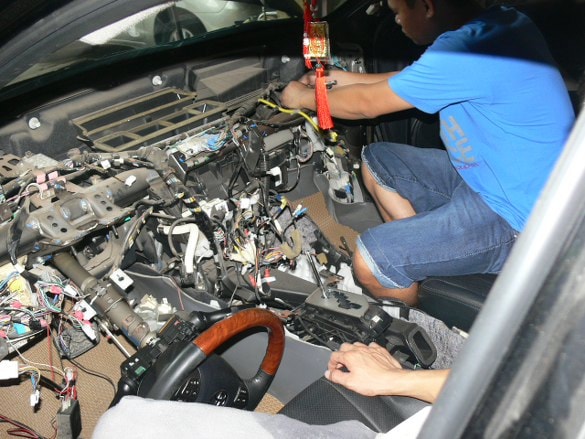 |
Ignition problems can be related to problems in some parts such as spark plugs, high voltage wires, coil or power supply system (distributor on older cars or engine control box on newer cars). Damage to the ignition system can be due to being used for too long without being replaced or because the car has a history of flooding.
The electrical system parts listed above, if damaged, must be replaced.
Warning signs:The control box signal loss, fuel pump and injectors may not work, so it is easy to mistake it for a fuel pump failure. The engine may suddenly die without any previous signs. In some cases, the engine fault light may come on.


